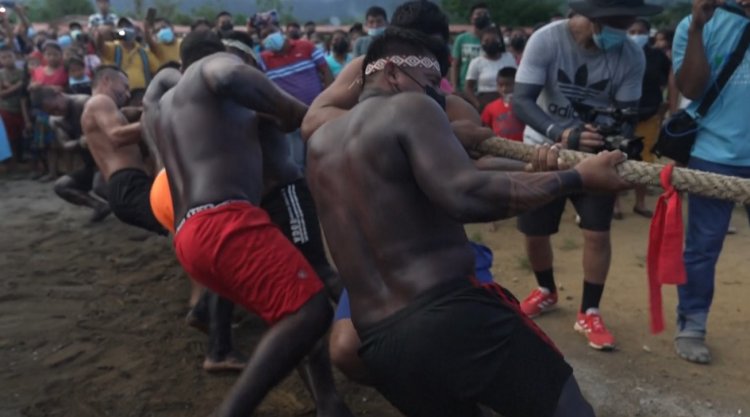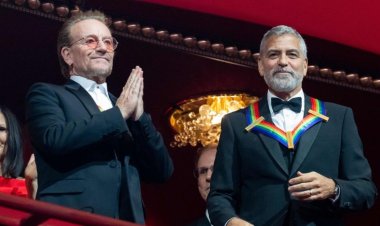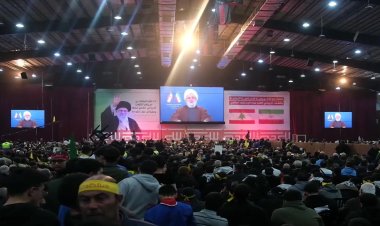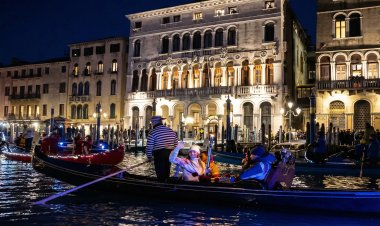Panama's indigenous people compete to preserve traditional way of life

Climaco Dogirama wanted to honor his grandfather when he took part in the spear-throwing competition at Panama's Indigenous Ancestral Games, which seek to preserve age-old customs.
"My grandfather used the spear to hunt. We only use it for sport ... but we're representing him," he said.
Dogirama, 37, from the Embera community, is one of 250 competitors from Panama's seven recognized Indigenous ethnicities taking part in traditional athletic feats at the Games.
The major cultural festival transcends the simple quest for sporting success by helping to preserve a way of life.
"Many of us have lost (our traditions) and we're recovering them again, we're rescuing (our ancestors') culture," said Dogirama.
It is the third edition of the event that resembles the Scottish Highland Games and Basque rural sports competitions.
In Panama, contestants compete in archery, spear throwing, log carrying, tug-of-war, running, swimming and canoeing in Ngobe-Bugle, the largest of Panama's five traditional Indigenous regions.
Cesar Cires, from the Ngabe tribe and president of the Indigenous Ancestral Games said the event "was born with the idea of disseminating, preserving and promoting our Indigenous cultures through ancestral sporting activities."
"Our ancestors were warriors. We try to teach the new generations that once upon a time this was important."
David Mezua, 18, who won the open water swimming event in the Caribbean Sea, said he was "proud to be Embera."
"I'm happy ... My grandfather was too and I don't want to lose our culture, I want to keep it going," said Mezua.
Kasey Shields, 16, who has a British father and Guna mother, won the women's swimming discipline.















